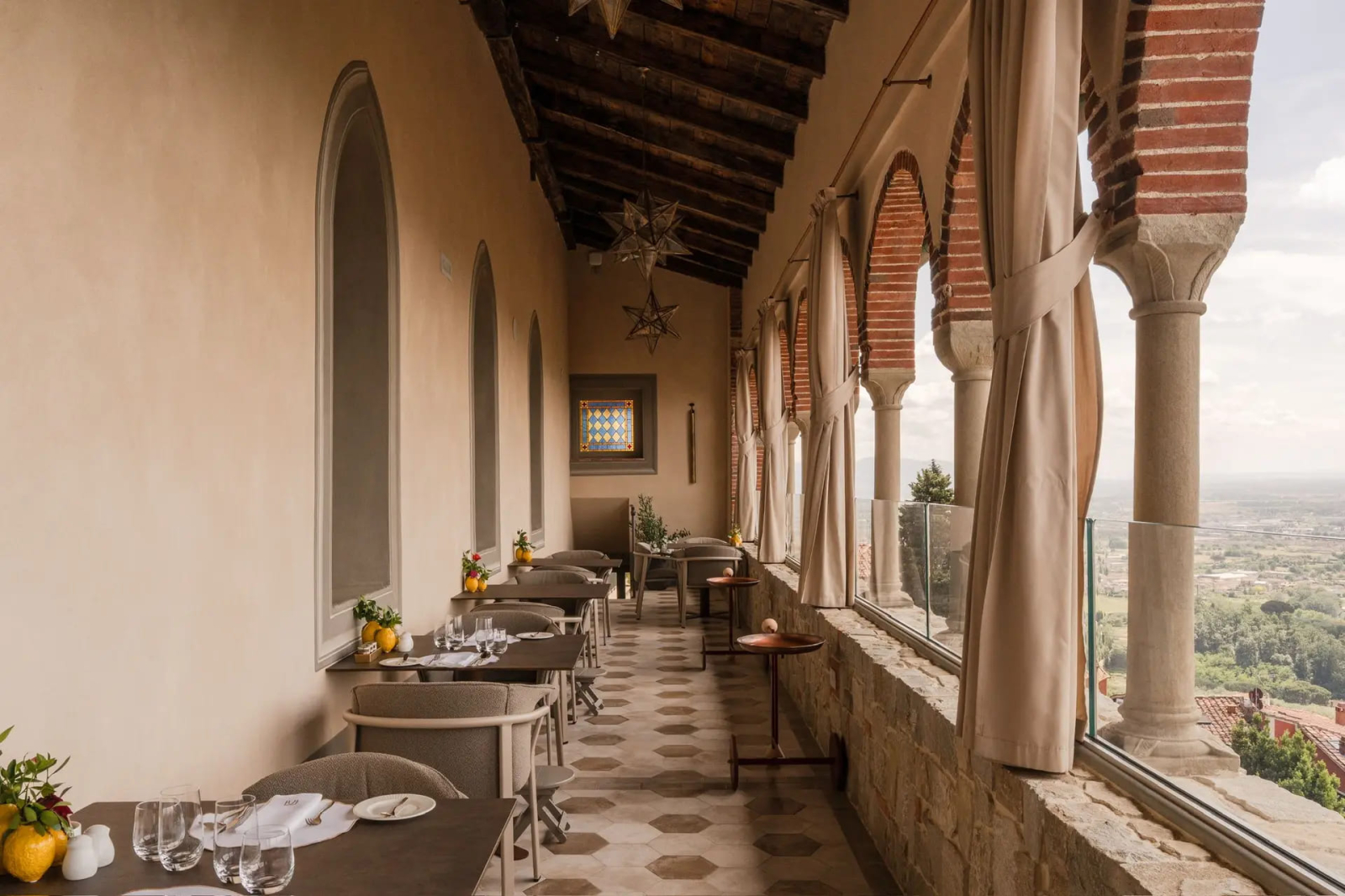San Miniato: the truffle soul of Tuscany
15 September 2025
Truffle magic is not limited to Piedmont. In Tuscany, among the picturesque hills and ancient forests, there is a legend. The small town of San Miniato is called the truffle capital of the region. Here, hunting turns into an art passed down from generation to generation, and the annual festival gathers true connoisseurs of Italian traditions. It is here that auctions of the rarest specimens are held, the cost of which can reach several thousand euros per kilogram.
Accommodation: Castello di Casole, A Belmond Hotel and La Monastica Resort & Spa
The Castello di Casole, A 12th–century Belmond Hotel turned into a luxury hotel, is ideal for fully immersing yourself in the atmosphere of Tuscan elegance. Once it belonged to noble families, and its guests were the stars of the Italian dolce vita. This boutique hotel has preserved the soul and character of those times. Here, the antique walls are complemented by elaborate service, which creates an atmosphere of authentic immersion in history. The hotel is surrounded by over 100 acres of its own vineyards and olive groves, where amazing wines and exclusive olive oil are produced. Gastronomic programs are available for guests: tastings, workshops on cooking Tuscan dishes. There are 39 rooms scattered throughout the ancient structure, each decorated in the spirit of Tuscan charm – with wooden beams, stone walls, modern fabrics and design.
Just a few kilometers away, another pearl, La Monastica Resort & Spa, invites everyone who wants to find peace and harmony under its ancient monastery vaults. The hotel offers 19 unique rooms and several separate residences, each decorated in the spirit of “timeless simplicity”: natural stone, wood, textiles in muted shades, windows overlooking the Tuscan hills or narrow village streets. The Soul SPA occupies a central place – a philosophically thought-out wellness route passing through thermal zones, sensory showers, steam rooms, stone halls and a pool built into the rock. At Devoti restaurant, Tuscan cuisine takes on an almost meditative character: fresh vegetables from the monastery garden, local cheeses, cold-pressed butter and herbs gathered on the hillsides. La Monastica does not strive for external pathos – its strength lies in silence. There is no rush here. They are listening here. They breathe deeply here.
BOOKING:
Natalya Kutlyarova
[email protected]
Sabina Urusbieva
[email protected]
Natalya Bubnova
[email protected]
